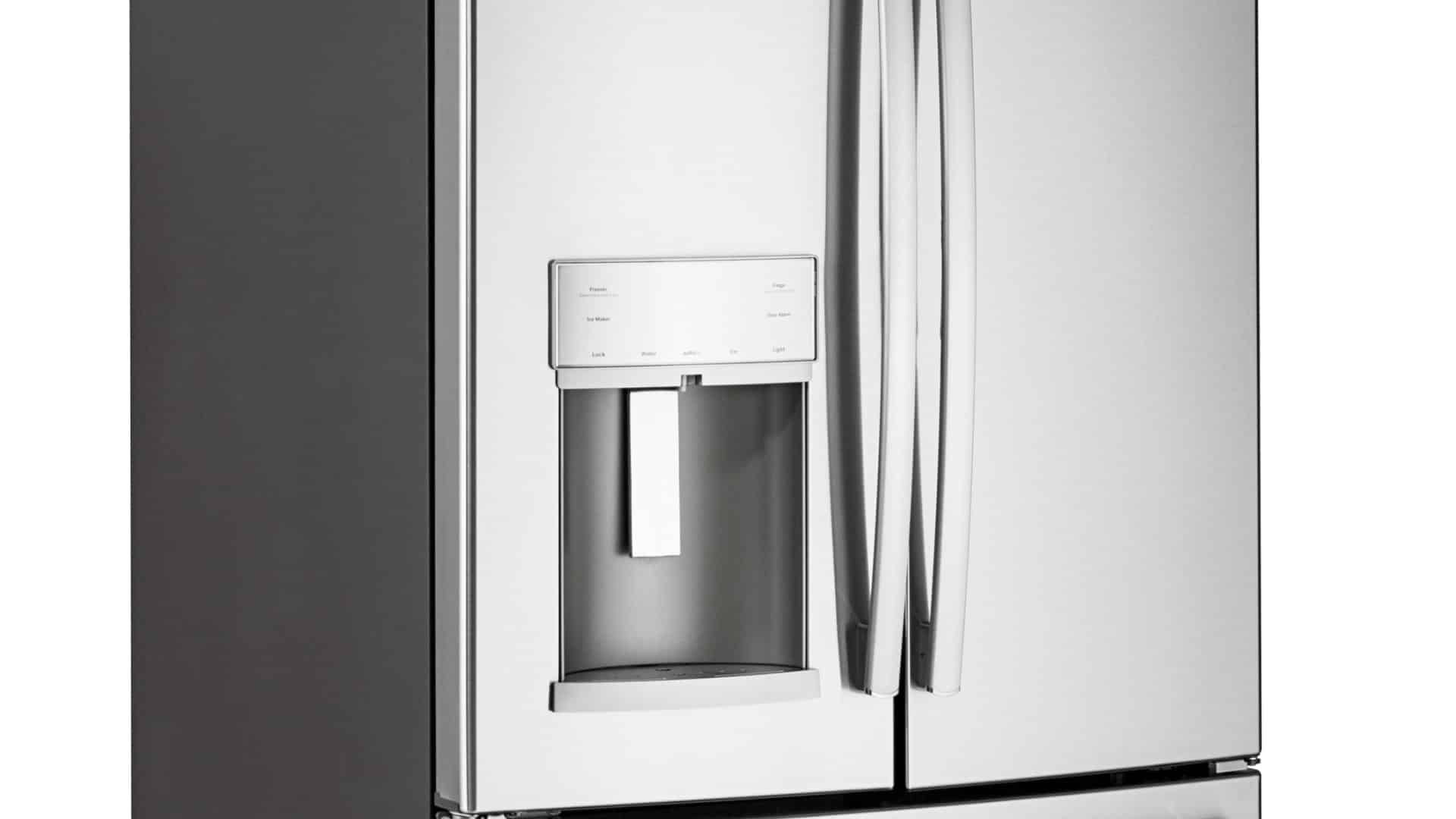Detergent plays an important role in the washing machine’s ability to dislodge dirt and remove stains from fabric. It does this by attracting debris, pulling it out of clothes until it’s washed away in the rinse cycle. While there are dozens of different types of detergent on the market, they generally fall into one of two different categories: liquid or powder form. So, which type of detergent should you choose?
Liquid Detergent
The main advantage of washing your garments with liquid laundry detergent is its ability to dissolve in either cold or hot water. Using the cold water setting on a washing machine uses less energy, but unfortunately powder detergent doesn’t dissolve easily in cold water. This can result in clumps of detergent being stuck on your clothes, forcing you to re-wash them for a second time. Liquid detergent, on the other hand, dissolves in water of all temperature ranges, so you don’t have to worry about this occurring.
But there are some disadvantages to liquid detergent, including its potential for sticking to the cracks, sides and other hand-to-reach places in a washing machine. Depending on how your washing machine is designed, liquid detergent may seep into areas that aren’t properly drained in the rinse cycle. If it remains here, it may promote the formation of foul-smelling mold and mildew.
Powder Detergent
Powder detergent generally has a longer shelf life than its liquid counterpart. This is due to the fact that bleaching agents and soaps are more stable in powder form, which subsequently means powder detergents last longer than liquids. If you’re the type of person who prefers to buy things in bulk, you should stick with powder detergent for this reason.
Powder detergents are also more Eco-friendly than liquid detergents. According to an article published by Consumer Reports, standard liquid detergent is contains as much as 80% water content, meaning it really only has about 20% “active” ingredients. Powder detergent is more concentrated and doesn’t require a substantial amount of water to produce.
As previously mentioned, powder detergent doesn’t dissolve easily in cold water. This doesn’t necessarily mean that you can’t wash clothes with powder detergent on the cold water setting, but you “may” notice clumps left behind in some loads. Of course, a simple solution to this problem is to wash your clothes in hot water rather than cold.
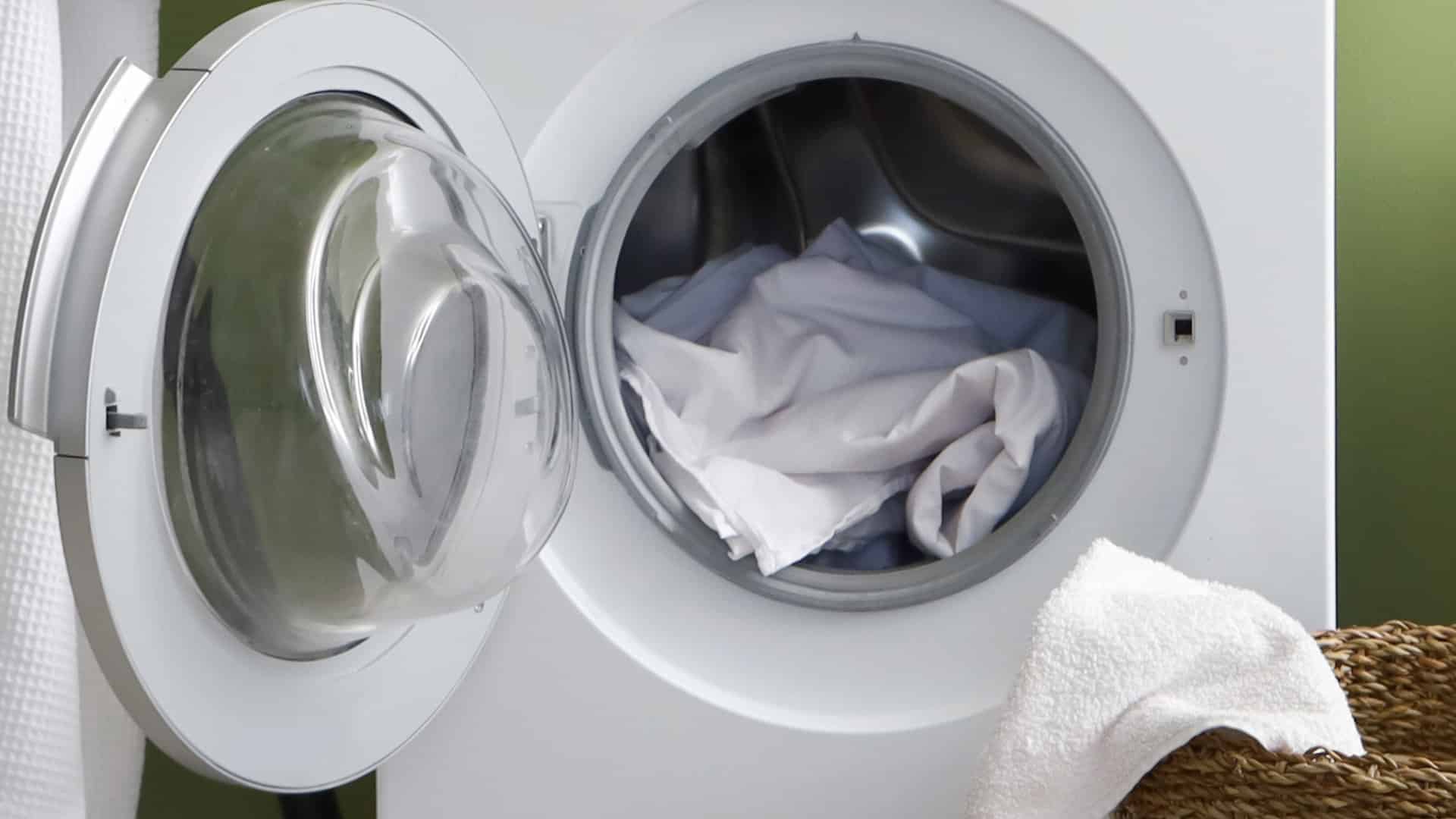
Whirlpool Washer Error Codes Explained
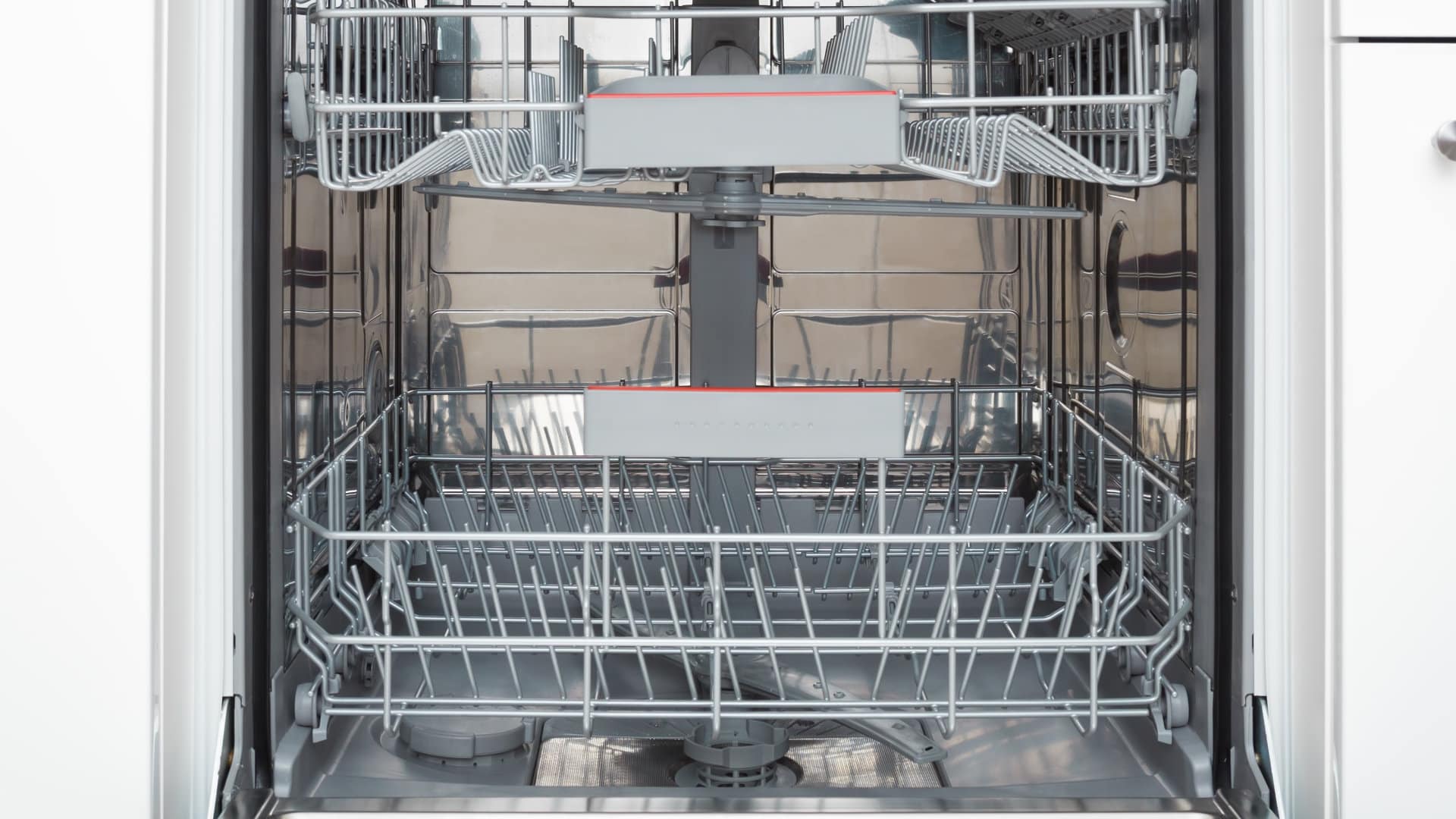
How to Wash a Hat in the Dishwasher (In 5 Steps)
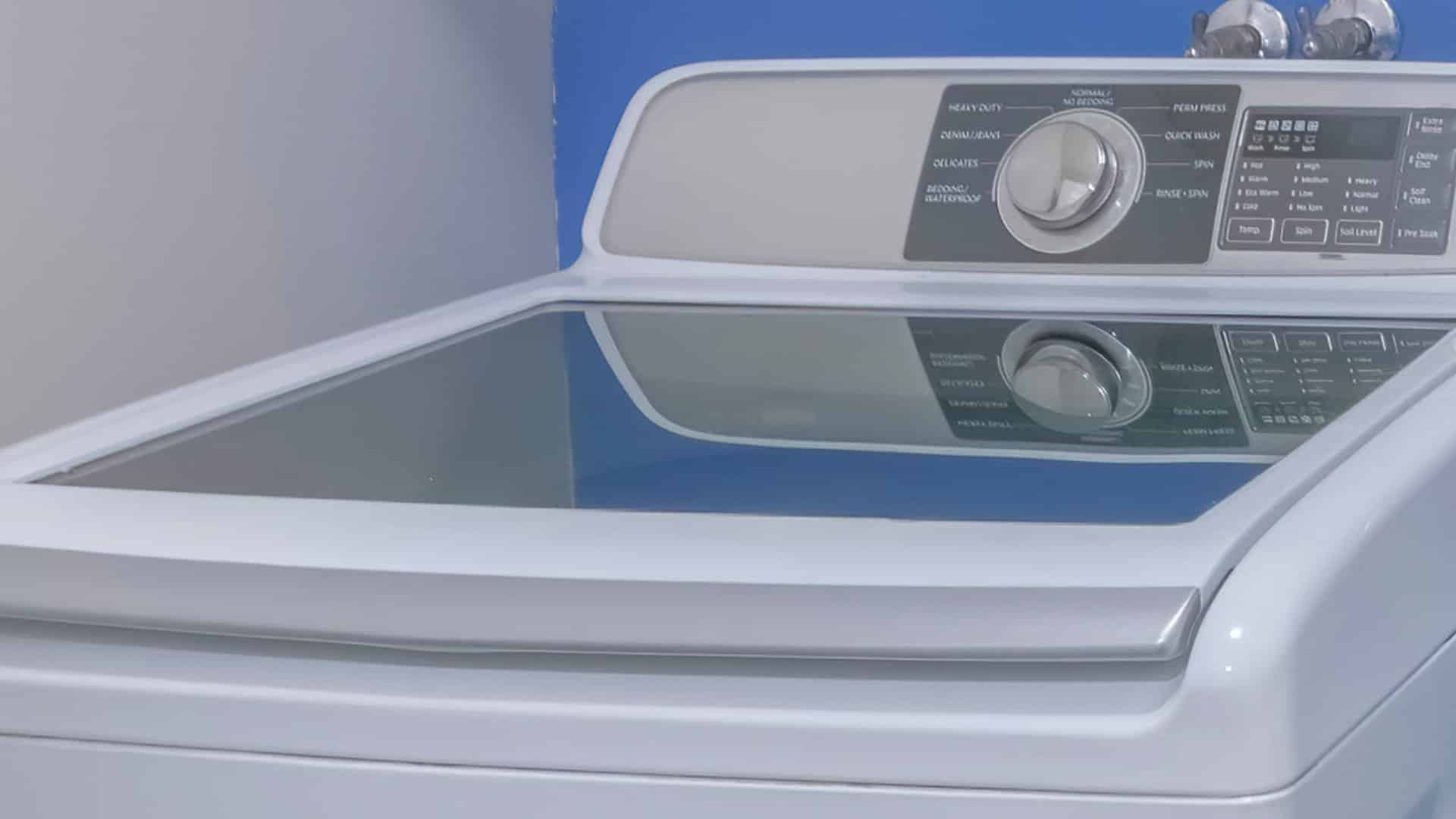
How to Fix the nF Error Code on a Samsung Washer
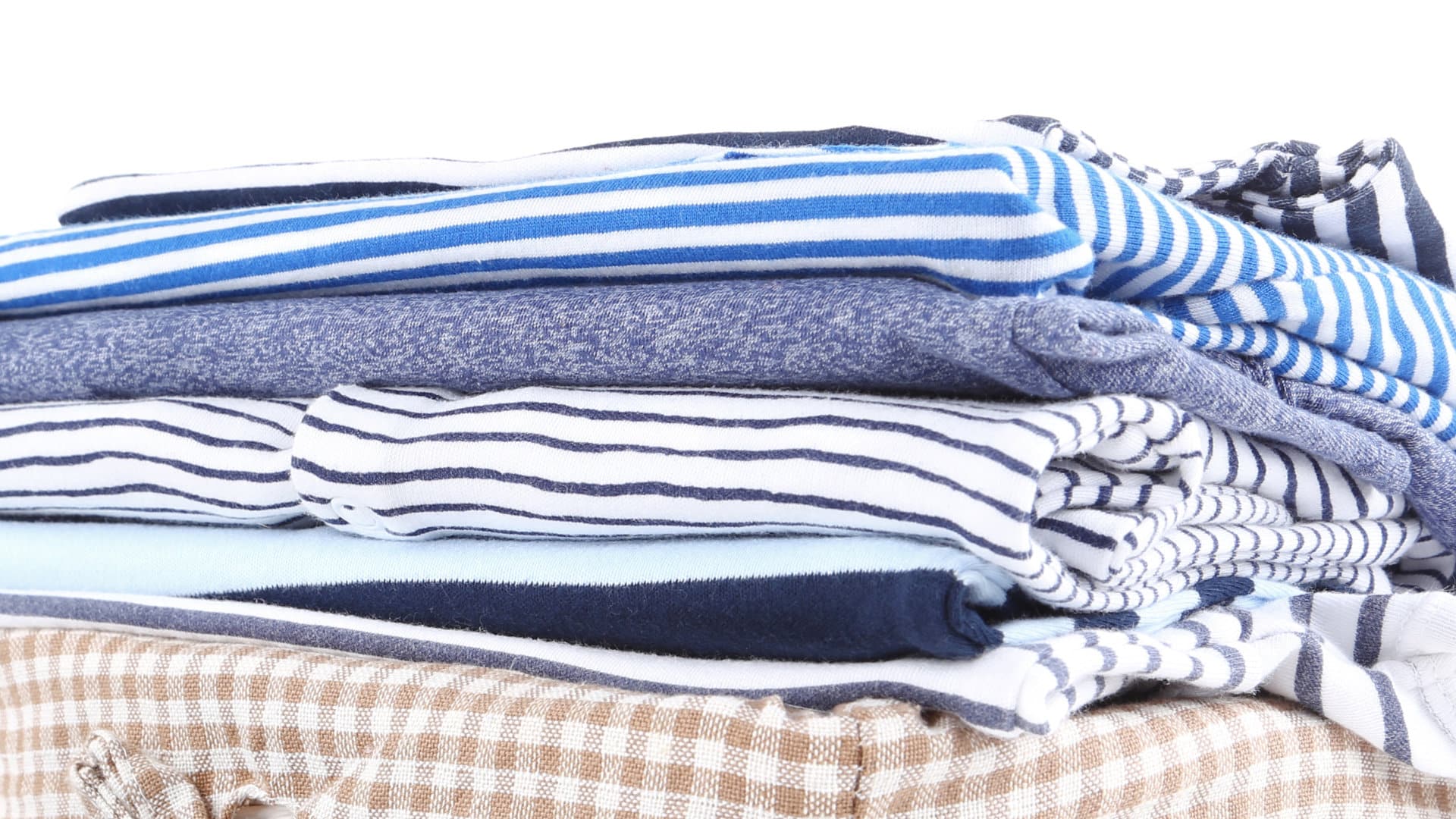
Kenmore Elite Dryer Issues: How To Troubleshoot

Microwave vs. Oven: Pros and Cons and How They Differ

Self-Cleaning Oven Smell: Causes & Odor Reduction Tips

Frigidaire Ice Maker Not Working? 7 Ways to Fix It
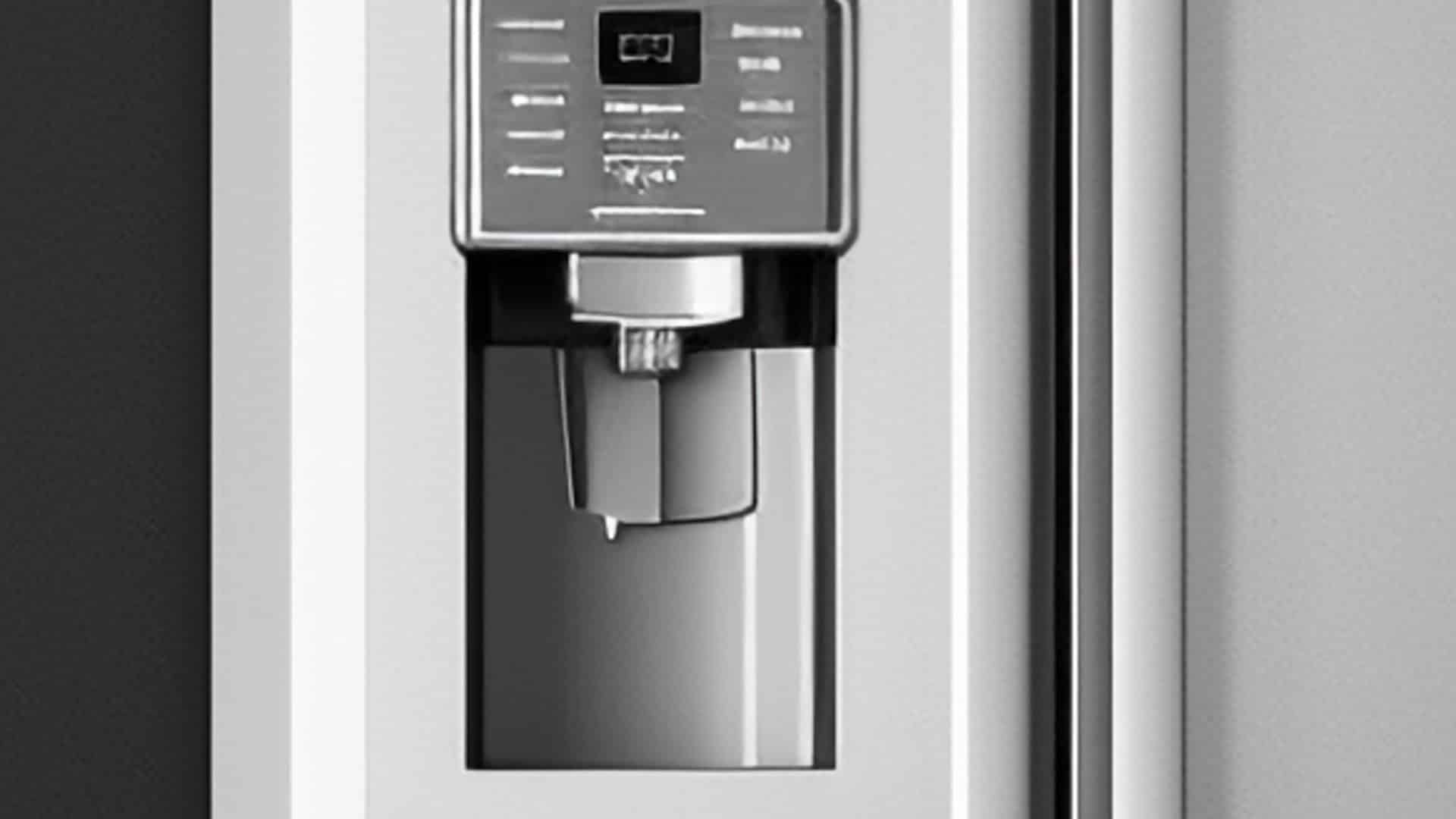
Why Is Your LG Refrigerator Not Cooling? (9 Common Reasons)
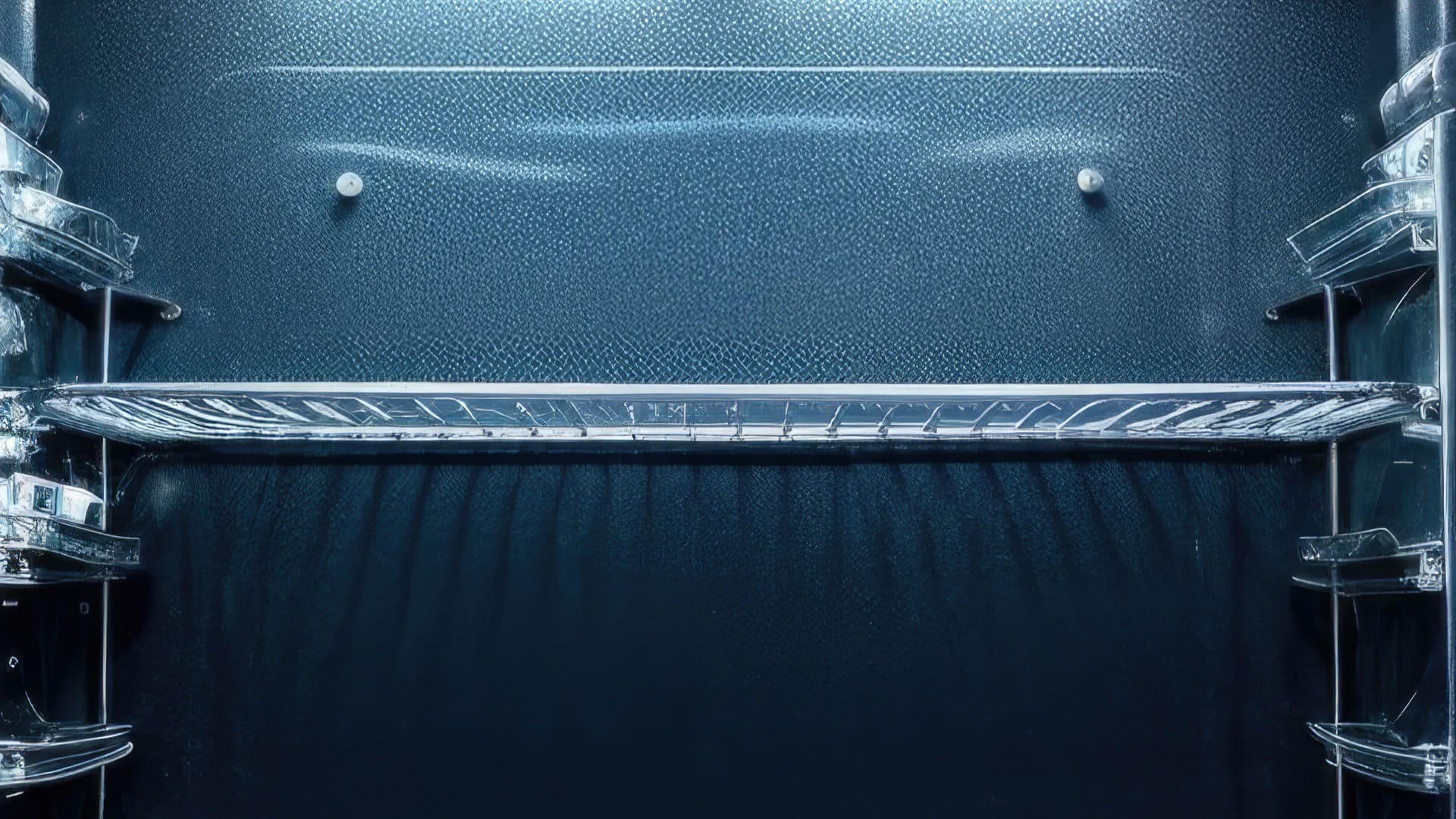
GE Oven F2 Error: Causes & Solutions
